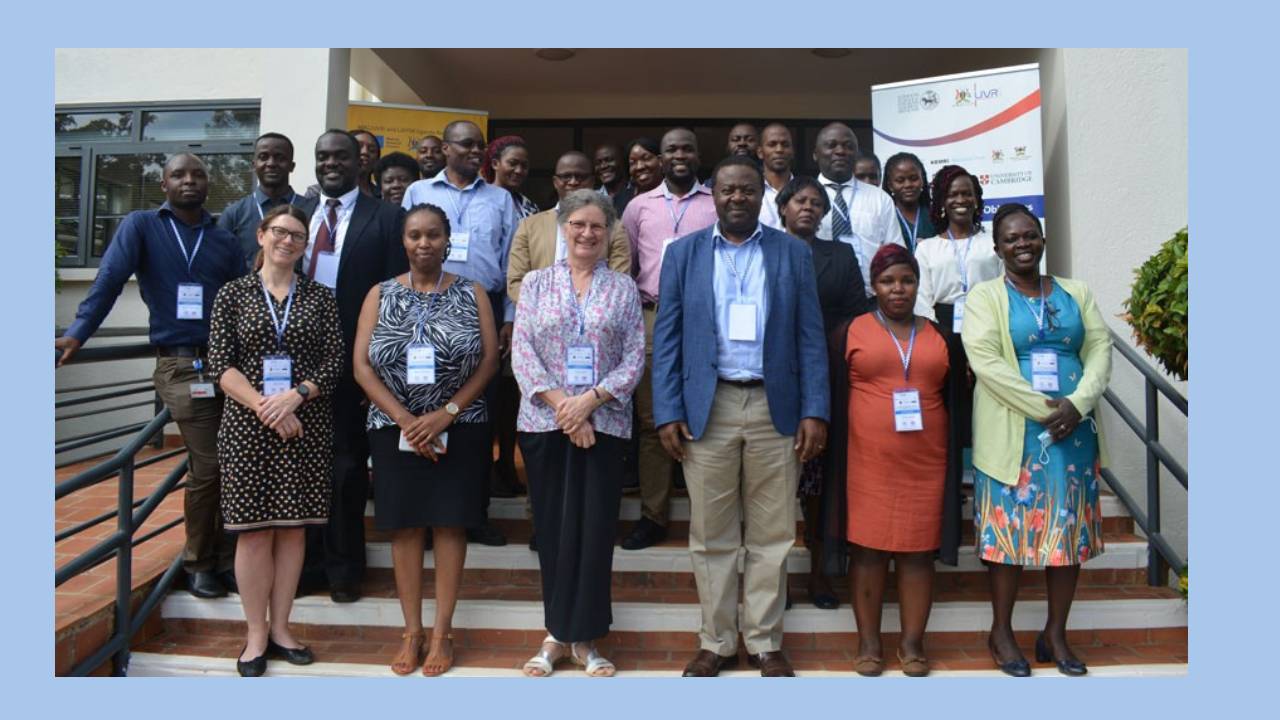
NIHR Global Health Research Group on Vaccines for Vulnerable people in Africa (VAnguard)
VAnguard is a multidisciplinary, collaborative research initiative bringing together experts from the UK, Uganda, and Kenya to identify and address the structural and biological factors that reduce vaccine effectiveness in vulnerable African communities. The project aims to develop integrated, evidence-based strategies to enhance vaccine impact and promote health equity across the region.
Project Goals:
- Identify modifiable structural, social, and biological determinants of impaired vaccine response.
- Develop and model integrated strategies to optimize vaccine effectiveness in underserved populations.
- Strengthen national and international collaborations and capacity for vaccine-related research in Africa.
Who We Are:
VAnguard is led by a consortium of leading institutions:
- London School of Hygiene & Tropical Medicine (LSHTM)
- Uganda Virus Research Institute (UVRI) (Joint Lead),)
- KEMRI-Wellcome Trust Research Programme (KWTRPKenya
- MRC/UVRI and LSHTM Uganda Research Unit (MUL)
- Collaborators include Makerere University, Uganda Christian University (UCU), and Ministries of Health in Uganda and Kenya, alongside other national and international experts.
What we do:
Through mixed methods, we are engaging with communities and analysing biological samples to address these objectives.
- Investigate biological drivers and mechanisms of population differences in vaccine response
- Understand how structural, social and biological determinants of vaccine response interrelate to determine vaccine impact
- Identify and model integrated strategies to inform development of future interventions to optimize vaccine impact among vulnerable populations
Through multidisciplinary teams with members from each country; comprising of experts and trainees in biological and social science and community engagement, are working with communities and implementation stakeholders to generate a sustainable, collaborative research culture and facilitate sustainable pathways to research impact.
Using data and samples from our current trials in Uganda (on effects of infections) and Kenya (on nutritional factors), we are identifying “biomarkers” which can be measured in blood samples. These can show whether responses to vaccines are likely to be poor.
We are building capacity of early and mid-career scientists through having them lead thematic and study management work packages. We are also co-supervising PhD students; cross-cutting leadership, research and research-management training, and vaccinology and modelling training modules. All this is aimed at supporting personal and institutional capacity strengthening for vaccinology in Africa.
These are the outcomes we are looking forward to:
- New knowledge on interacting factors that determine vaccine impact,
- New strategies for optimising vaccine impact for vulnerable communities
- Strengthened capacity for multidisciplinary impactful vaccine research in Africa.
